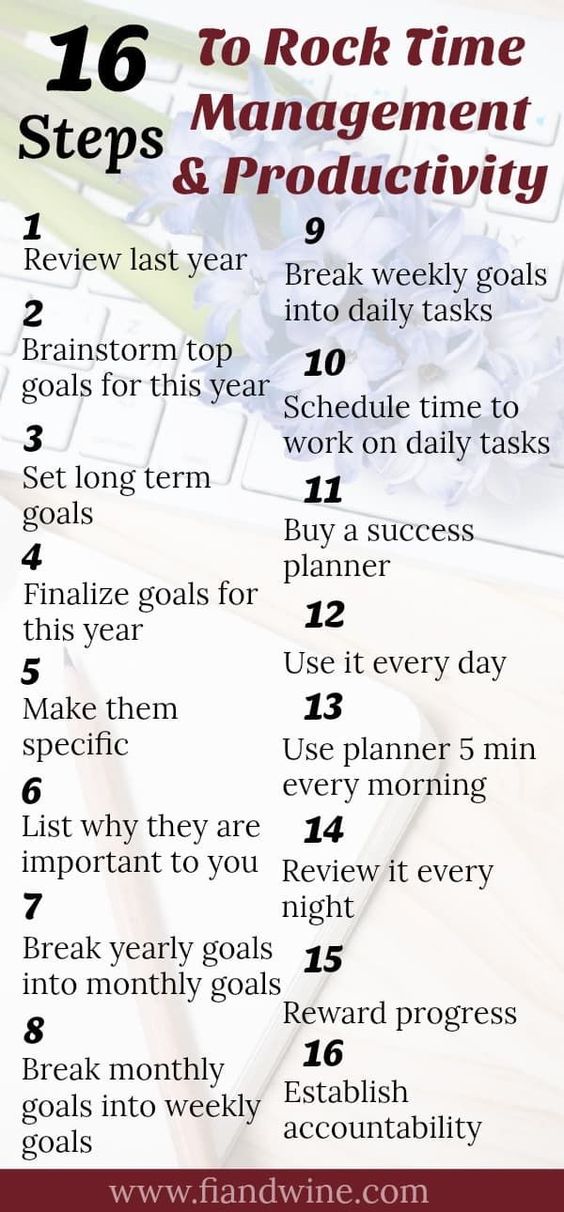Organizational skills and time management are often mentioned in the same breath as two critical components for success in both personal and professional life. In today’s fast-paced world, juggling multiple tasks and deadlines can be overwhelming, but the ability to manage time efficiently and organize tasks effectively can make all the difference. In this article, we will discuss how to develop and enhance these two essential skills to achieve success in all areas of life.
1. Get Clear on Goals and Priorities
The first step towards developing organizational skills and time management is to define your goals and priorities. Start by outlining what you want to achieve in the short term and the long term. Once you have a clear picture of your goals, identify tasks that are necessary to achieve them. It’s important to set priorities and identify tasks that are urgent and important.
2. Create a To-Do List
A to-do list is an effective tool for staying organized and managing time. It helps you keep track of tasks and deadlines, avoid forgetting important things, and reduces stress by giving you a clear picture of what needs to be done. Create a to-do list daily or weekly, and prioritize tasks based on importance or deadline.
3. Develop a System for Managing Time
The key to effective time management is to develop a system that works for you. There is no one-size-fits-all solution, and different approaches work for different people. Create a plan that helps you balance your work and personal life, and includes breaks and downtime. It’s important to be realistic about how much time you have and to avoid overcommitting.
4. Delegate Tasks
Delegating tasks to others is a great way to free up time and focus on what’s truly important. Identify tasks that can be handled by others, either within your organization or by outsourcing, and delegate accordingly. This not only helps you manage time better but also empowers others by giving them opportunities to contribute.
5. Use Tools and Technology
Numerous tools and technologies are available today to help with organization and time management. From calendars and scheduling software to project management tools and automation software, there is an abundance of options to choose from. Consider your needs and preferences, and select tools that help you stay organized and manage your time efficiently.
6. Plan Ahead
Planning ahead is another essential component of organizational skills and time management. Set aside time each week to plan out your schedule and to review your progress against your goals. This helps you stay on track and avoid getting sidetracked by unexpected events or distractions.
7. Avoid Multitasking
Multitasking is often seen as a way to get more done in less time, but studies have shown that it can actually be counterproductive. Trying to do multiple tasks simultaneously can reduce efficiency and lead to mistakes. Instead, focus on one task at a time, and complete it before moving on to the next one.
8. Stay Flexible
Organizational skills and time management require discipline and focus, but it’s also important to stay flexible. Unexpected events or emergencies can arise, and it’s important to be able to adapt and adjust plans accordingly. Maintain a positive attitude, and stay open to changing circumstances.
In conclusion, developing and enhancing organizational skills and time management is critical for success in both personal and professional life. By defining your goals, prioritizing tasks, creating a to-do list, delegating tasks, using tools and technology, planning ahead, avoiding multitasking, and staying flexible, you can manage time efficiently, stay organized, and achieve your goals. It’s not easy, but with practice and persistence, these skills can be developed and honed over time.


